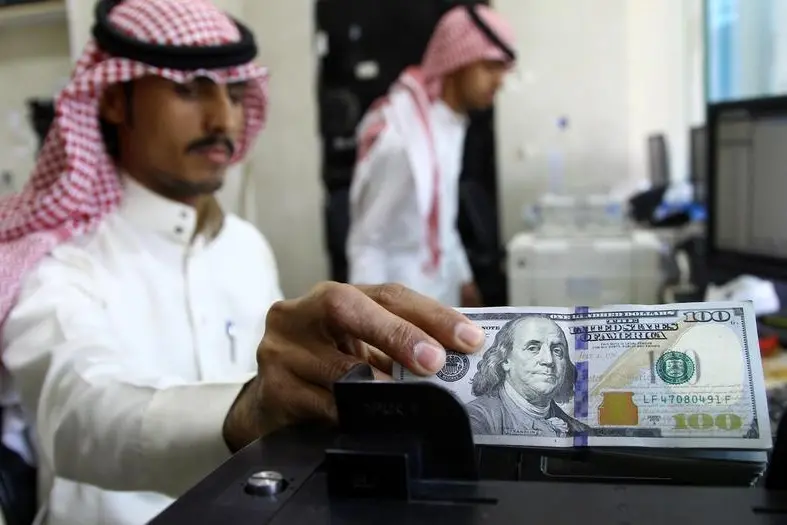PHOTO
DUBAI - Saudi Arabia’s international bonds are underperforming lower-rated emerging market sovereigns, in a sign of how deeply the killing of journalist Jamal Khashoggi has damaged sentiment toward the kingdom.
Rated A1 by Moody’s, A- by S&P and A+ by Fitch, Saudi Arabia has sold $52 billion in U.S. dollar-denominated bonds since its first international issue in 2016, becoming one of the biggest debt issuers in emerging markets.
But since early October, when Khashoggi died inside the Saudi consulate in Istanbul, the kingdom's bonds have slowly been moving closer to those of triple-B rated governments.
Fund managers said the main source of concern was the potential blow to Saudi Arabia's relations with the West, which could involve sanctions against Saudi individuals and the U.S. Congress becoming less sympathetic to Saudi interests.
"The pressure on Saudi credit as a result of the diplomatic uncertainty due to the fallout from the death of Jamal Khashoggi put pressure on Saudi sovereign debt last week," Richard Briggs, emerging markets credit strategist at CreditSights, said in a note on Monday, though he described the pressure as still "at modest levels".
Longer-dated Saudi debt has been particularly hard hit, perhaps because the short end of the curve enjoys more interest among institutional investors in other Gulf Arab countries that are diplomatic allies of Saudi Arabia.
The yield on Saudi Arabia’s $6.5 billion of bonds due in has risen by around 40 basis points to over 5.20 percent since start of October, Refinitiv data shows.
Meanwhile, Indonesia’s $1.25 billion of bonds due in 2046 have seen their yield rise about 35 bps to around 5.50 percent. Indonesia, which has been hit by severe currency weakness this year, is rated four notches below Saudi Arabia by Moody’s and Fitch and three notches below by S&P.
Saudi debt has underperformed other triple-B rated emerging- market sovereigns such as Russia and Morocco by around 20 bps in October. The yield on Russia’s $7 billion of bonds due in 2047 rose 22 bps to 5.72 percent and the yield on Morocco’s $750 million of notes due in 2042 climbed a similar margin to 5.38 percent.
On Monday, Saudi yields fell back marginally, while the cost of insuring against a Saudi sovereign default over the next five years decreased to around 92 bps after having touched 100 bps last week for the first time since June.
Hasnain Malik, global head of equities research at Exotix Capital, said the slight recovery in bonds may have been due to expectations that Saudi institutions could support the bonds, in much the same way as state-linked Saudi funds have supported the equity market.
Foreign institutions sold a net 4.01 billion riyals ($1.07 billion) of Saudi stocks last week, by far their biggest sale since the market opened to direct foreign investment in mid-2015. But stock prices stayed largely stable as Saudi institutions bought heavily.
Also, Malik said, the market welcomed Saudi Arabia’s acknowledgement of Khashoggi’s death as a potential step towards resolving the affair.
But a Dubai-based fund manager said Monday’s recovery was minimal and mostly due to an overall improvement in market conditions.
"I don’t really get a sense of any major love by local buyers," he said, adding that investors were still waiting for clarity from Turkey’s president, Tayyip Erdogan, who was expected to speak about the Khashoggi case on Tuesday.
(Editing by Andrew Torchia, Larry King) ((Davide.Barbuscia@thomsonreuters.com; +971522604297; Reuters Messaging: davide.barbuscia.reuters.com@reuters.net))





















